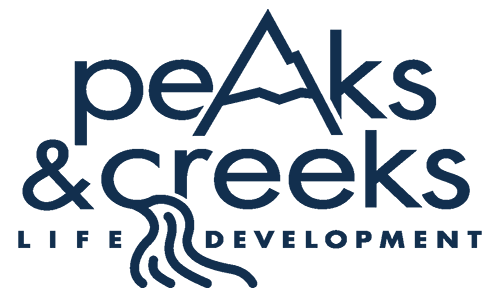You’ve probably heard the story of the man who went to the doctor and rotating his arm at the elbow said, “Doc, it hurts when I do this…” The doctor glanced at him quickly and said, “Then I suggest you don’t do that!” Professionals will tell you there is no simple or quick fix to healing from the pain of grief and loss. Someone telling you to just “get over” your grief or to “Stop feeling like that” really has no concept of the nature of grief. While I agree with the professionals that there is no simple or quick fix to healing, I do believe there is a formula in the process of healing.
HEALING = FAITH + WORK + TIME
My formula for healing begins with how we define healing. Newcomers to grief and loss tend to think of healing as the absence of the pain – no longer feeling like you’ve been punched in the stomach, no more panic attacks where the loss is overwhelming, or the unrelenting memory of your loved one consuming every detail of life. A more realistic picture of healing would be arriving to a place where your loss is no longer the central thought of every waking moment, no longer the driving influence of your consciousness that dominates and defines your life.
Healing from grief and loss is more about a reluctant acceptance of reality where the pain of loss is still felt, your way of life is altered, but is only one painful experience in your life instead of a loss that defines your life. One person described experiencing the pain of grief and loss as similar to being a member of an exclusive club that no one wants to join! Defining the goal of healing allows you to even unwillingly, begin the process with the confidence that you at least have some idea of where you are going.
The first necessity of my healing formula is faith, the spiritual component. The contribution of faith in healing from grief and loss is marked in different ways for different people. Some find faith to be that aspect of life that addresses the existential questions of “Who?” and “Why?” and “What next?” Our “spirit” is that force within us compelling us to regain the equilibrium taken from us, the stability disrupted by the impact of our loss. We find strength from within as well as from beyond ourselves when we engage our faith in attempting to find elusive answers to these intricate existential questions.
For others faith is the strong foundation upon which life is built, and a personal belief in a supreme being who is present with us and who loves us is a great comfort when being pummeled with the pain of loss. I love the story of the boy who woke up early on a Saturday morning to play ball with his dad, and unable to get his dad to join him, headed outside on his own. His dad asked, “Who will you play with at this early hour?” The boy stated simply, “Its easy dad! I play with God. I throw it up… and he throws it back!”
Realizing that we are not alone and that there is someone who has the power to bring good from evil is encouraging when we feel like helpless victims without hope of rescue. To trust optimistically in the
existence of someone with greater power, vision and authority than myself is key to the role of faith in healing.
The second requirement of my healing formula is work, specifically the work of the grief process. Therapy is defined as treatment, or a set of actions or techniques applied in a specific situation. In the case of loss, a therapeutic action might include remembering or celebrating the person you lost. One person I know asked for permission from a friend to call every day to share one memory or characteristic of their loved one. The calls are most often brief, but the repetition of speaking a memory is powerful for healing.
Another action that promotes healing is moving toward community. Pain has a tendency to isolate us and with isolation the imagination can take us to unhealthy and even scary places. Staying connected to people we love and respect that treat us with understanding and compassion contributes greatly to our adjusting to our new reality.
The final component of my healing formula is time. The adage, “Time heals all wounds” is just not true. Time alone is not a healer. Time is passive, not active. While time is crucial because it creates a context for therapy and faith to apply their influence, it has no healing power of its own. People ask me how long their grief process will take… and my answer is always the same. “It depends on you!” With hard work, the support and encouragement of faith, and the space of time within which you can process, healing will come. Be sure of it!


